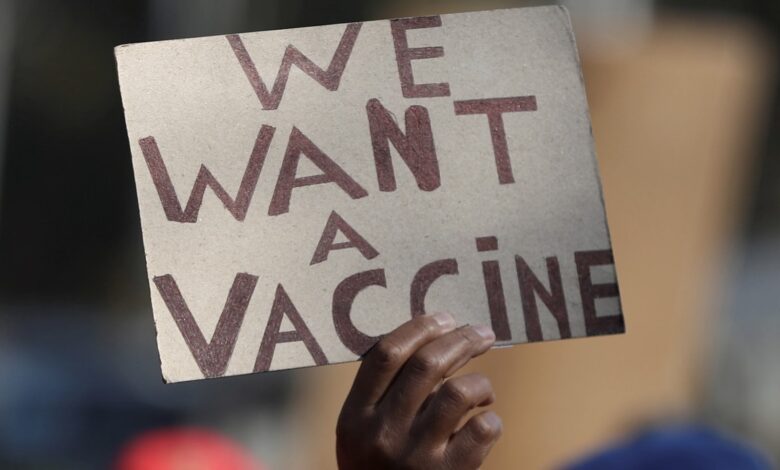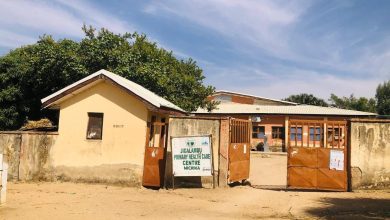#COVID19: Two-Thirds Of Countries Fall Short On Vaccination Target
Figures disclosed by the Oxfam and The Peoples’ Vaccine Alliance show that it will take two and a half years for the target to be reached as only 48 per cent of the global population have been fully vaccinated.

Global leaders have fallen short on the Corona Virus (COVID 19) vaccination promise as 70 per cent of people in all countries have still not been fully vaccinated, Oxfam reveals, adding that the persistent gap indicates the massive failings in the global response to the virus.
In 2021, the 77th United Nations General Assembly (UNGA) spotlighted the inequitable distribution of the COVID 19 vaccines whereby African leaders lamented how the region had not been able to acquire enough vaccines to protect its people. The discussion resulted in leaders pledging to finance, scale up and support the global manufacturing of the vaccines, and to ensure equitable access.
However, figures disclosed by Oxfam and The Peoples’ Vaccine Alliance show that, at the response’s current state, it will take two and a half years for the target to be reached as only 48 per cent of the global population have been fully vaccinated.
The report noted that while rich countries are already beginning to roll out booster shots using new generation vaccines, the death toll from the virus has become four times higher in low-income and developing countries.
It further explained that the, “lack of vaccination means the need for COVID-19 tests and treatments is even greater in poorer nations but inequality in access is even starker. Yet, rich nations are at this moment fiercely resisting any attempt to extend the World Trade Organisation (WTO) agreement on vaccines to tests and treatments.”
The organisation said that the need to diversify manufacturing of vaccines is essential so that developing countries could manufacture their own doses to close in the vaccination gap but this has continued to be ignored.
It also added that vaccine hesitancy, especially in developing countries, is being used to cover up the global failure in the COVID-19 response, meanwhile factors such as unpredictable vaccine supplies, lack of antiviral treatments, and poor funding for health systems is what has led to lower vaccination rates in developing countries.
Anna Marriott, Oxfam’s Health Policy Manager stated that, “This massive failure to meet promises to protect the world from Covid-19 is indefensible. While the end of the pandemic should be in sight, hundreds of millions of people in developing countries are still unprotected from COVID-19.”
Maaza Seyoum, the Global South Convenor of the People’s Vaccine Alliance, also said, “Everyone everywhere should have access to the tools needed to fight a pandemic, But COVID-19 has been a case of survival of the richest. For most of this pandemic, big pharmaceutical companies left people in developing countries to die without vaccines and treatments while they sold doses to rich governments in the global north.”
The two organisations said that there should be no justification for delay and called for the implementation of an extension of the June 2022 WTO decision on COVID-19 vaccine patents to include tests and treatments.
They also urged governments to commit to a scale-up of financing to strengthen health systems in low and middle-income countries and global funding support to close the vaccination coverage gaps for countries that are yet to reach their targets.
Support Our Journalism
There are millions of ordinary people affected by conflict in Africa whose stories are missing in the mainstream media. HumAngle is determined to tell those challenging and under-reported stories, hoping that the people impacted by these conflicts will find the safety and security they deserve.
To ensure that we continue to provide public service coverage, we have a small favour to ask you. We want you to be part of our journalistic endeavour by contributing a token to us.
Your donation will further promote a robust, free, and independent media.
Donate HereStay Closer To The Stories That Matter




